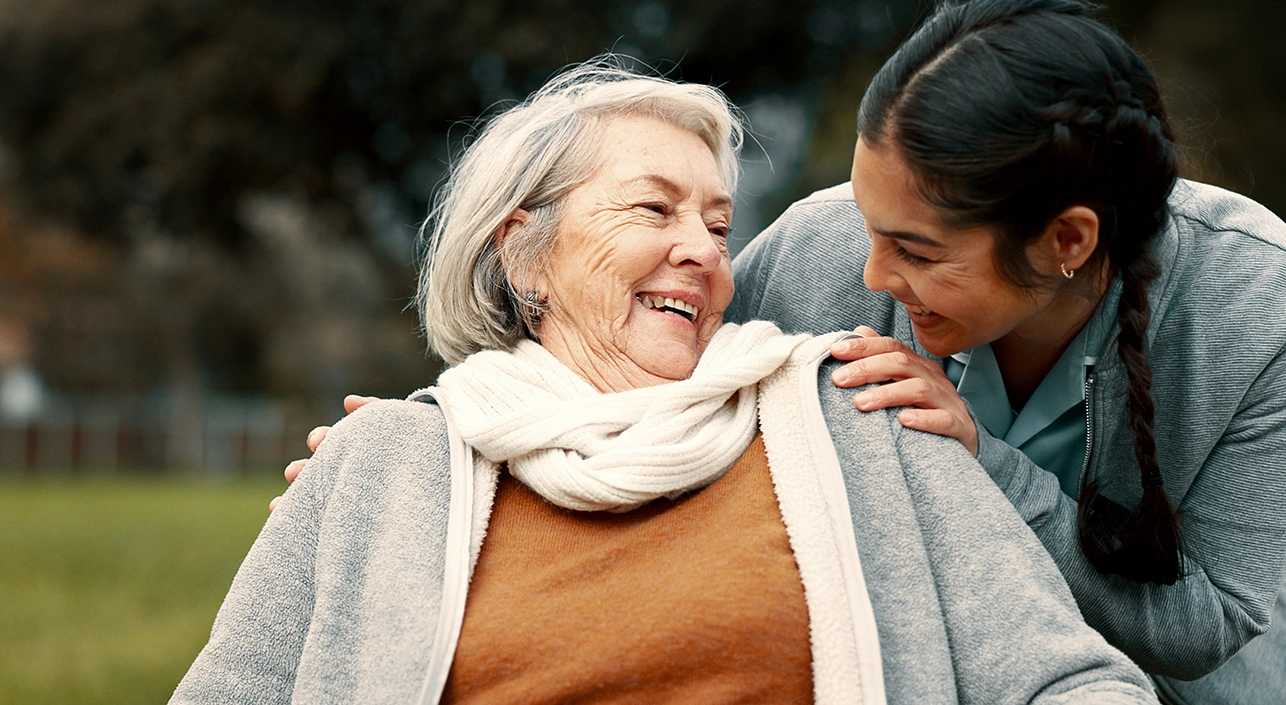Pour les soignants
Un aidant est une personne qui fournit des soins physiques et émotionnels à une personne atteinte d'une maladie du foie, mais il n'est pas rémunéré pour ce travail.

Un aidant est une personne qui fournit des soins physiques et émotionnels à une personne atteinte d'une maladie du foie, mais il n'est pas rémunéré pour ce travail.


Selon les cas, les personnes atteintes d'une maladie du foie peuvent recevoir une partie ou la plupart de leurs soins en ambulatoire, ce qui signifie qu'elles ne sont pas admises à l'hôpital. Le plus souvent, elles peuvent et veulent passer plus de temps à la maison. Ces soins à domicile sont dispensés par un soignant. Les aidants sont généralement le partenaire ou le conjoint, un parent, un adulte, un enfant ou un ami proche de la personne atteinte d'une maladie du foie.
Il n'est pas facile d'être un aidant. Cela implique d'assumer de nombreuses responsabilités nouvelles et importantes, et c'est souvent un engagement à long terme. Les aidants ressentent souvent les mêmes émotions que leurs proches atteints d'une maladie du foie, notamment la peur, l'isolement, l'épuisement ou même la colère.
Bien que cette responsabilité soit parfois stressante, nouvelle et accablante, elle peut aussi être extrêmement gratifiante. N'oubliez pas que vous aidez votre proche à un moment où il a plus que jamais besoin de votre soutien, et c'est vraiment extraordinaire ! Voici quelques-unes des récompenses dont les aidants ont fait état :
Ce que vous faites en tant qu'aidant évolue souvent avec le temps et dépend de la gravité de l'état de santé de votre proche.
Voici quelques-unes des responsabilités potentielles que vous pourriez assumer :
Les soins physiques font partie intégrante de la prestation de soins, en particulier si votre proche est atteint d'une forme chronique et évoluée de maladie du foie. Il se peut que l'on vous demande d'aider votre proche :
Vous et votre proche aurez de bons et de mauvais jours. Certains jours seront plus éprouvants que d'autres sur le plan émotionnel, et ils s'appuieront sur vous pour ce soutien émotionnel. Vous pouvez aider votre proche à faire face à la situation de la manière suivante :
Les aidants assument souvent des tâches qui font partie de la vie quotidienne, telles que le nettoyage, la lessive, les courses, la prise en charge de la dépose et de la récupération des enfants à l'école, le paiement des factures du ménage, etc. Dans certains cas, vous devrez également gérer leurs finances, les demandes d'assurance, etc.
En tant qu'aidant, il est probable que vous fassiez également circuler les informations sur la santé de votre proche auprès de votre famille et de vos amis. Pensez à demander à un ami proche ou à un membre de la famille de diffuser ces informations afin de réduire votre charge mentale.
Prenez soin de votre corps et de votre esprit. Mangez bien, restez physiquement actif (une simple promenade dans le quartier peut faire des miracles !), reposez-vous suffisamment, ne négligez pas vos rendez-vous médicaux et de routine, faites une pause lorsque vous en avez besoin, recherchez un soutien professionnel pour faire face au stress et demandez de l'aide.
Nous sommes plus forts lorsque nous travaillons ensemble. N'assumez pas seul le rôle d'aidant. Demandez à votre communauté de garder les enfants, de faire les courses, de nettoyer la maison, etc.
Restez ouvert et honnête avec l'être cher dont vous vous occupez. Gérez ses attentes et fixez les limites des soins. Si vous n'êtes plus en mesure d'assumer le rôle d'aidant, ce n'est pas grave - vous pouvez discuter ensemble d'une solution et d'un plan de soins futurs.
La prestation de soins est un engagement important. Soyez franc et ouvert avec votre employeur et faites-lui savoir que vous vous apprêtez à jouer le rôle d'aidant. Des programmes de soutien aux employés peuvent être mis à votre disposition.
Notre ligne d'assistance nationale ne s'adresse pas uniquement aux personnes atteintes d'une maladie du foie, mais à l'ensemble du village. Appeler 1-800-563-5483 ou remplissez notre formulaire de contact.